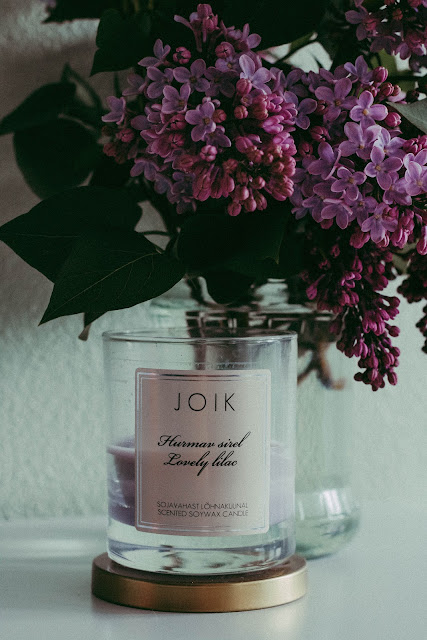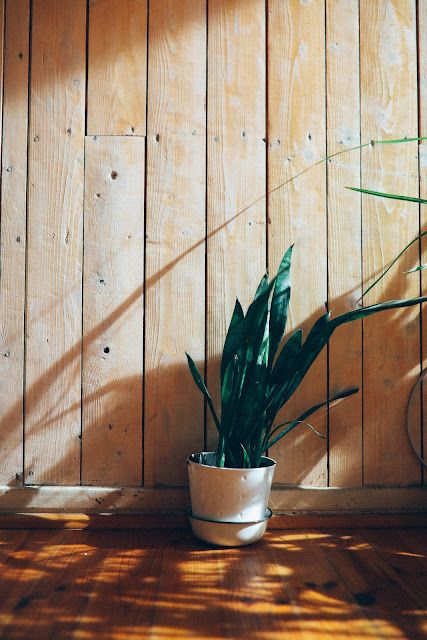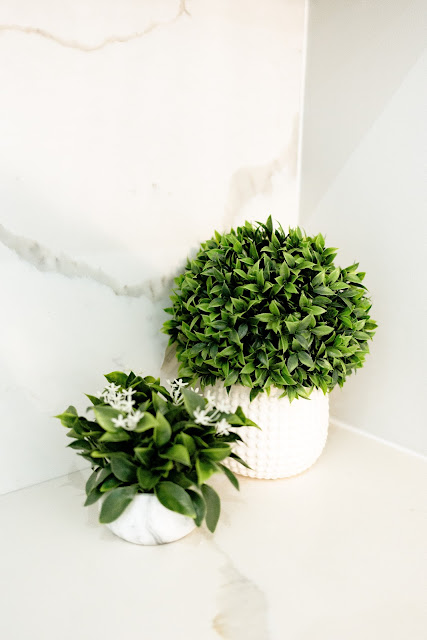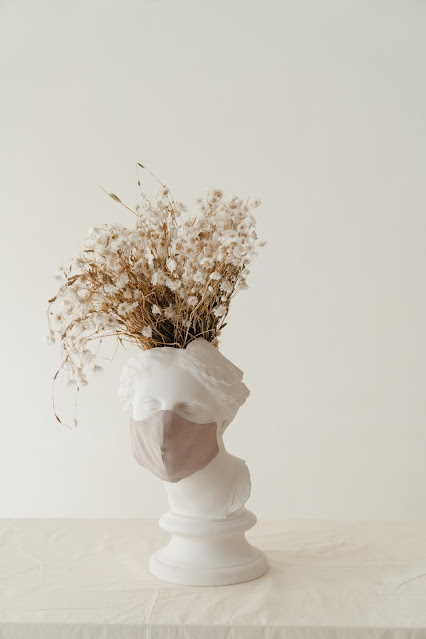Houseplants helps improve the air quality by reducing toxins in room and make environment easy for breathing while you snooze. Indoor gardening can change room from boring place to a beautiful room. Several plants are known for their potential to improve indoor air quality and promote relaxation, contributing to better sleep. Here are ten bedroom plants that may help create a conducive environment for a good night's sleep:
Lavender (Lavandula): Known for its calming scent, lavender can help reduce stress and anxiety, promoting a relaxed atmosphere.
Snake Plant (Sansevieria): Snake plants release oxygen at night, improving air quality. They are low-maintenance and can thrive in low light conditions.
Aloe Vera (Aloe barbadensis miller): Apart from its air-purifying properties, aloe vera emits oxygen at night, potentially enhancing sleep quality.
Jasmine (Jasminum): Jasmine's pleasant fragrance has been associated with reduced anxiety levels and improved sleep quality.
Spider Plant (Chlorophytum comosum): Effective in purifying air, spider plants are resilient and suitable for low-light environments.
Valerian (Valeriana officinalis): Valerian is an herb known for its calming properties. Some people find its scent helpful in promoting relaxation and sleep.
Peace Lily (Spathiphyllum): Peace lilies can improve indoor air quality and add a touch of tranquility to your bedroom.
English Ivy (Hedera helix): English ivy can reduce airborne mold particles, potentially improving respiratory health for better sleep.
Chamomile (Matricaria chamomilla): While not a traditional houseplant, having a small pot of chamomile in the bedroom may provide a soothing aroma known for its calming effects.
Golden Pothos (Epipremnum aureum): With its air-purifying qualities, golden pothos is a resilient and easy-to-care-for plant that can thrive in various light conditions.
Remember to choose plants that suit your lifestyle, the lighting conditions in your bedroom, and any potential allergies. While these plants may contribute to a relaxing environment, individual responses can vary, and other factors like room ventilation and personal preferences also play a role in promoting good sleep.










Comments
Post a Comment